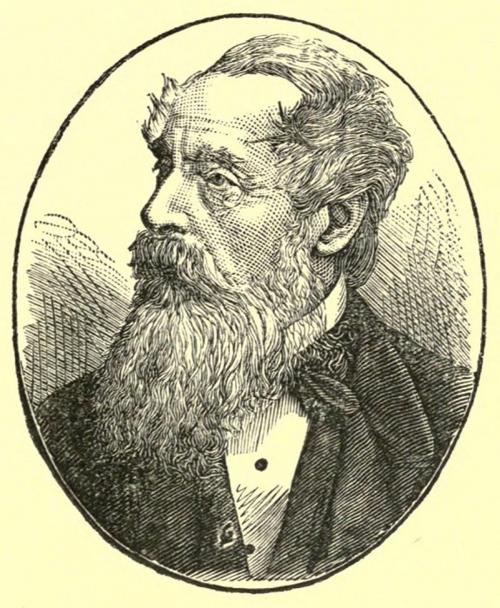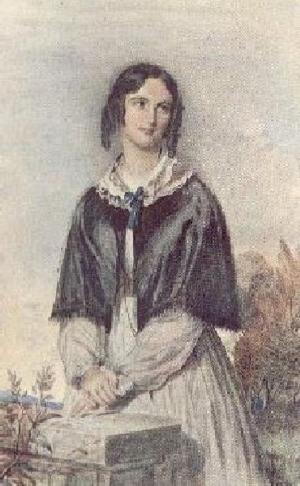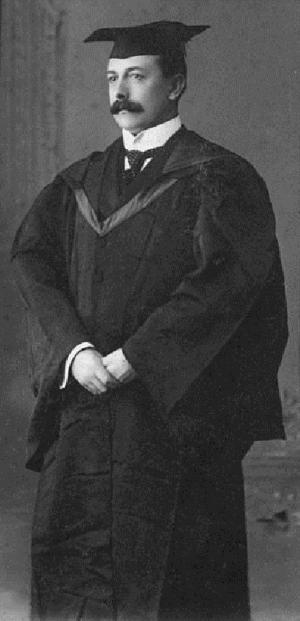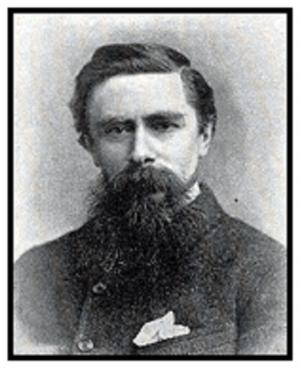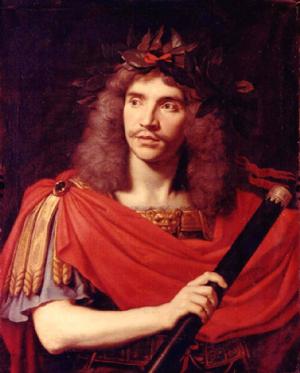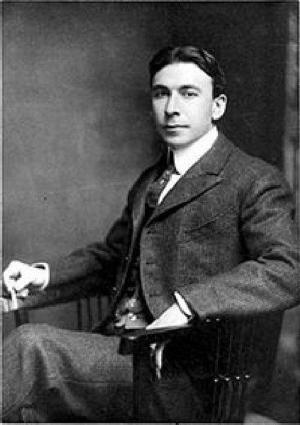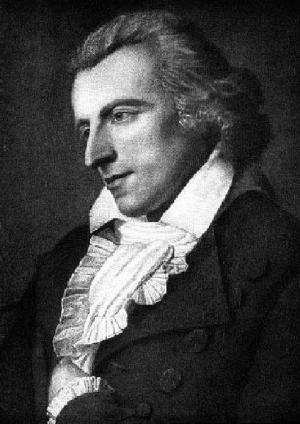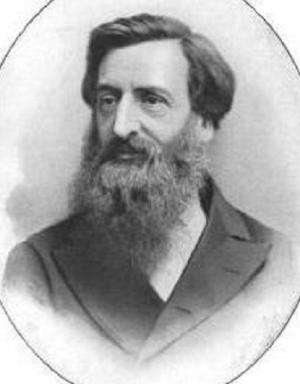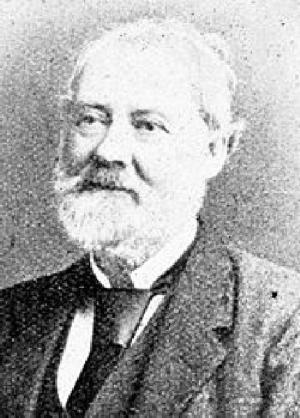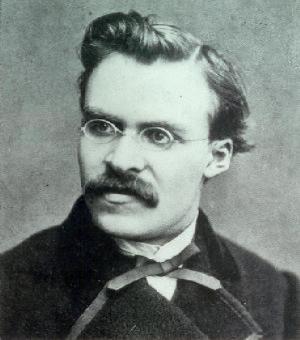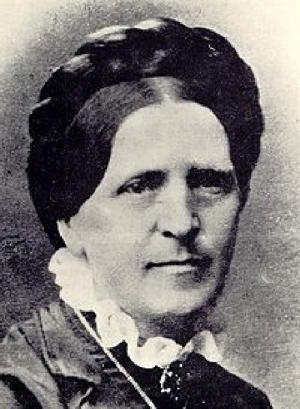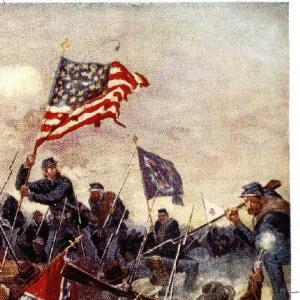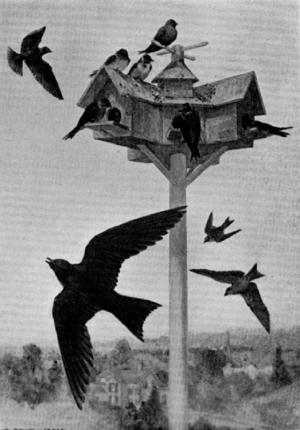The Log House by the Lake, a Tale of Canada
Fiction & Literature, Classics, Kids, Teen, General Fiction, Fiction| Author: | Kingston, W.H.G. | ISBN: | 9781455303038 |
| Publisher: | B&R Samizdat Express | Publication: | June 10, 2015 |
| Imprint: | Quench Editions | Language: | English |
| Author: | Kingston, W.H.G. |
| ISBN: | 9781455303038 |
| Publisher: | B&R Samizdat Express |
| Publication: | June 10, 2015 |
| Imprint: | Quench Editions |
| Language: | English |
A well-to-do English family, with inherited wealth, find that this situation is challenged in the law-courts. They lose the case, and, as with Marryat's "Settlers in Canada" in a similar situation, decide to emigrate to Canada. This they do, and have enough money to settle there, but not in a grand house: it is only the Log House by the Lake. There are various adventures with sailing and canoeing on the lake, but when the winter comes on, the lake freezes over, and the boys get themselves into a dangerous predicament, from which they only just escape. Unlike with the Marryat story, the decision by the court was valid but the cousin who won the case was a useless administrator of his fortune, and lost it all through bad advice and dishonest acquaintances. What do the family do about it? Read the book, or listen to it, and find out. It's a short book, only three hours to read, and there's a surprise ending for you. According to Wikipedia: "William Henry Giles Kingston (28 February 1814 - 5 August 1880), writer of tales for boys, was born in London, but spent much of his youth in Oporto, where his father was a merchant. His first book, The Circassian Chief, appeared in 1844. His first book for boys, Peter the Whaler, was published in 1851, and had such success that he retired from business and devoted himself entirely to the production of this kind of literature, in which his popularity was deservedly great; and during 30 years he wrote upwards of 130 tales, including The Three Midshipmen (1862), The Three Lieutenants (1874), The Three Commanders (1875), The Three Admirals (1877), Digby Heathcote, etc. He also conducted various papers, including The Colonist, and Colonial Magazine and East India Review. He was also interested in emigration, volunteering, and various philanthropic schemes. For services in negotiating a commercial treaty with Portugal he received a Portuguese knighthood, and for his literary labours a Government pension."
A well-to-do English family, with inherited wealth, find that this situation is challenged in the law-courts. They lose the case, and, as with Marryat's "Settlers in Canada" in a similar situation, decide to emigrate to Canada. This they do, and have enough money to settle there, but not in a grand house: it is only the Log House by the Lake. There are various adventures with sailing and canoeing on the lake, but when the winter comes on, the lake freezes over, and the boys get themselves into a dangerous predicament, from which they only just escape. Unlike with the Marryat story, the decision by the court was valid but the cousin who won the case was a useless administrator of his fortune, and lost it all through bad advice and dishonest acquaintances. What do the family do about it? Read the book, or listen to it, and find out. It's a short book, only three hours to read, and there's a surprise ending for you. According to Wikipedia: "William Henry Giles Kingston (28 February 1814 - 5 August 1880), writer of tales for boys, was born in London, but spent much of his youth in Oporto, where his father was a merchant. His first book, The Circassian Chief, appeared in 1844. His first book for boys, Peter the Whaler, was published in 1851, and had such success that he retired from business and devoted himself entirely to the production of this kind of literature, in which his popularity was deservedly great; and during 30 years he wrote upwards of 130 tales, including The Three Midshipmen (1862), The Three Lieutenants (1874), The Three Commanders (1875), The Three Admirals (1877), Digby Heathcote, etc. He also conducted various papers, including The Colonist, and Colonial Magazine and East India Review. He was also interested in emigration, volunteering, and various philanthropic schemes. For services in negotiating a commercial treaty with Portugal he received a Portuguese knighthood, and for his literary labours a Government pension."
